studies on sulfur vulcanization of natural rubber at brazil
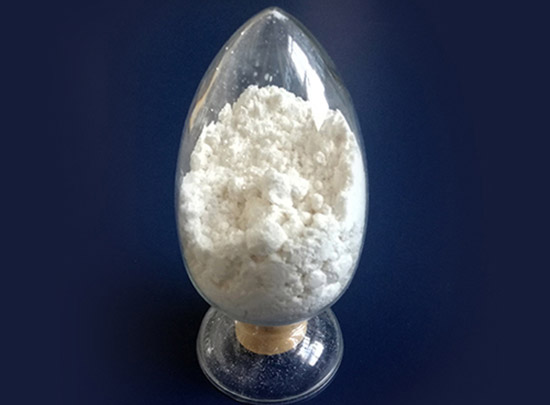
SULFUR VULCANIZATION OF NATURAL RUBBER FOR BENZOTHIAZOLE
The vulcanization of natural rubber by the benzothiazolesulfenamide class of accelerators is studied, where 2-(morpholinothio) benzothiazole (MBS) has been chosen as the representative accelerator. The reaction mechanisms that have been proposed for the different steps in vulcanization chemistry are critically evaluated with the
Send Inquiry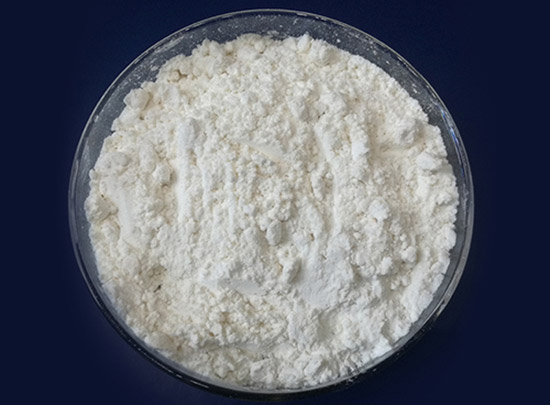
Studies on sulphur vulcanisation of natural rubber using
The present work reports the results obtained on the study of amidinothiourea as a secondary accelerator along with tetramethyl thiuram disulfide (TMTD) in the sulfur vulcanization of natural rubber.
Send Inquiry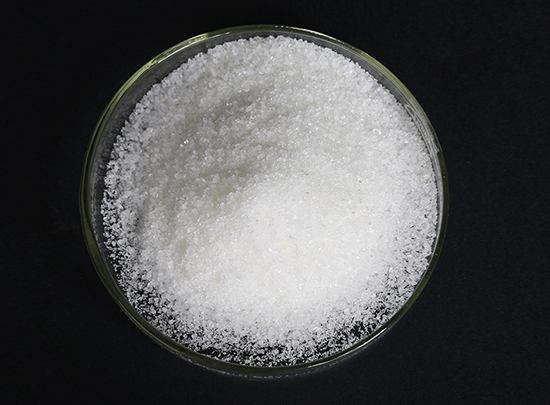
Sulfur vulcanization
The surface modified TBBS/ZnO powder is a vi- able alternative chemical additive for the sulfur vulcanization of rubber. Rubber, Fibres and Plastics magazine of Germany
Send Inquiry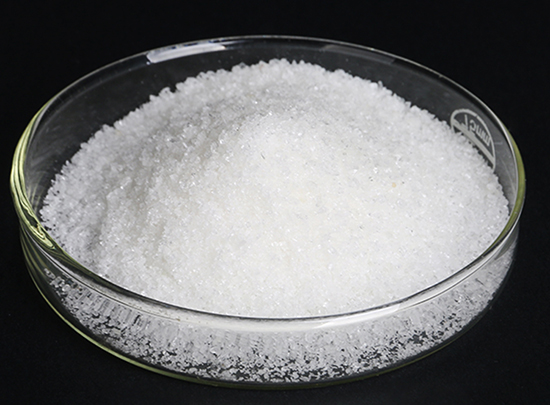
Effect of different sulfur content in Natural Rubber
Abstract— In this study, a field experiment was conducted to find out the effect of different levels of sulfur on natural rubbers mixtures. Vulcanization is a chemical process for converting natural rubber or related polymers into more durable materials by heating them with sulfur other equivalent curatives with accelerators. These
Send InquiryStudies of the Vulcanization of High Elastic Polymers. I
In the vulcanization of natural rubber by thiuram disulfides in the presence of excess zinc oxide, the zinc dialkyldithiocarbamate at any stage is the principal, and probably even the sole, reaction product that can be extracted with organic solvents.
Send InquiryRubber Flashcards
A process by which the rubber is heated and sulfur, peroxide or bisphenol are added to improve resilience and elasticity, and to prevent it from degrading. vulcanized Is a treatment of rubber to give it certain qualities, e.g., strength, elasticity, and resistance to solvents, and to render it impervious to moderate heat and cold.
Send InquiryRubber Flashcards
Stevenson Act of 1921. attempted to control natural rubber prices by controlling production of late. Rubber prices increased and fluctuated widely leading to political demands for alternatives. WWII The Japanese (Dec 1941) invade the rubber plantations in the Pacific and cut off the supply of natural rubber.
Send Inquiry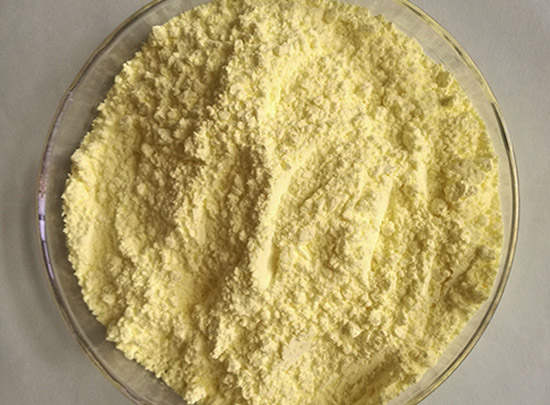
Vulcanization - an overview | ScienceDirect Topics
In this chapter, a recent study 13 on the network structure of sulfur cross-linked isoprene rubber (IR) is described for natural rubber (NR), in which a new vulcanization mechanism is included. The mechanism was based on the small-angle neutron scattering (SANS) measurement of isoprene rubber vulcanizates, which was found to be useful in clarifying the chemical reaction mechanism.
Send InquirySulfur Market | Growth, Trends, and Forecasts (2019 - 2024)
Market Overview. The sulfur market is expected to register a CAGR of over 3%, during the forecast period. Major factors driving the growth of the sulfur market are the rising demand from the fertilizer manufacturing sector and increasing usage of sulfur for the vulcanization of rubber.
Send Inquiry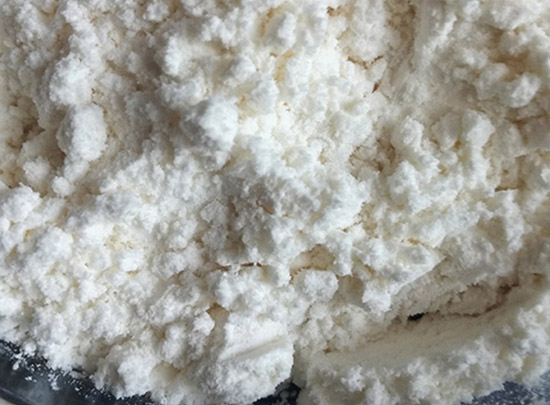
Natural rubber
Natural rubber is often vulcanized - a process by which the rubber is heated and sulfur, peroxide or bisphenol are added to improve resistance and elasticity and to prevent it from perishing. Carbon black is often used as an additive to rubber to improve its strength, especially in vehicle tires, which account for about 70% (~9 million tons) of carbon black production.
Send Inquiry
Studies on novel binary accelerator system in sulfur vulcanization
The vulcanization of natural rubber and a blend of natural rubber and reclaimed rubber by using binary accelerator systems containing a novel seriesAccelerators in which sulfur is combined as S-S, C-C, or S-N are generally inactive at low vulcanization temperatures because of the high thermal
Send InquiryVulcanization
Vulcanization (British: vulcanisation) is a chemical process, invented by Charles Goodyear, used to harden rubber. Vulcanization traditionally referred to the treatment of natural rubber with sulfur and this remains the most common example
Send Inquiry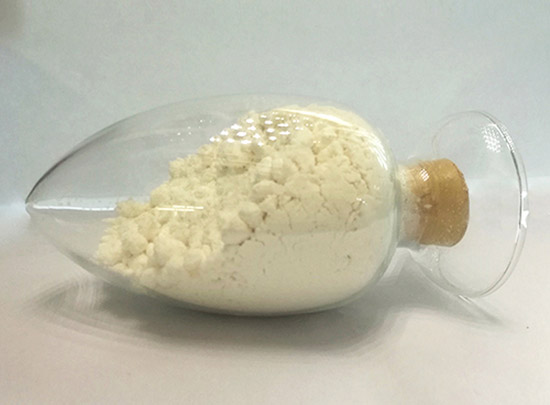
Model compound studies on the de-vulcanisation of natural rubber
The mechanism of de-vulcanisation of sulphur-vulcanised natural rubber with aromatic disulphides and aliphatic amines is studied using model compounds (MC): Low-molecular-weight polymer compounds are used as replacement of the reactive unit of the polymeric rubber.
Send InquiryWhy is sulphur used for the vulcanization of rubber?
Sulfur vulcanization or sulfur vulcanisation is a chemical process for converting natural rubber or related polymers into more durable materials by heating them with sulfur or other equivalent curatives or accelerators. Ordinary sulfur (octasulfur) is rarely used despite its low cost. Because of the low
Send InquirySulfur Vulcanization
Sulfur Vulcanization of Rubbers (polydienes). Vulcanization is a chemical process that converts natural rubber and other polydiene elastomers into cross-linkedThe most common vulcanization agent is sulfur. It forms bridges between individual polymer molecules when heated with rubber.
Send Inquiry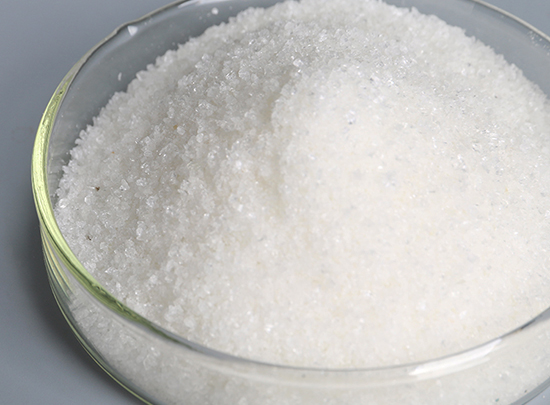
Vulcanization - Rubber as a natural product - JRank Articles
Rubber as a natural product, Vulcanization and properties of vulcanized rubber. Vulcanization is the process by which rubber molecules (polymers or macromolecules made of repeating units or monomers called isoprene) are cross-linked with each other by heating the liquid rubber with sulfur.
Send Inquiry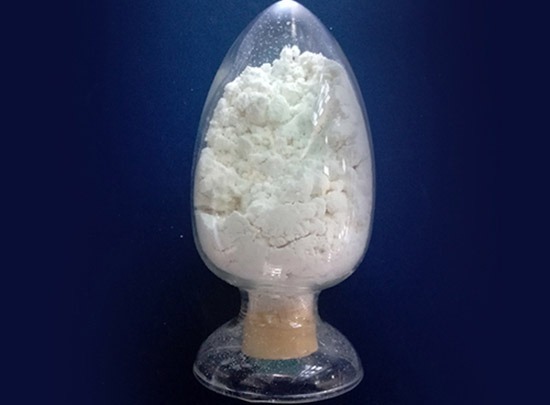
Vulcanization - an overview | ScienceDirect Topics
More fundamental studies on vulcanization are needed to develop rubber science further.Sulfur is soluble in natural rubber at levels up to 2.0 phr. Above this concentration, insoluble sulfur must beResistance to compound reversion, particularly of natural rubber compounds, has received more
Send Inquiry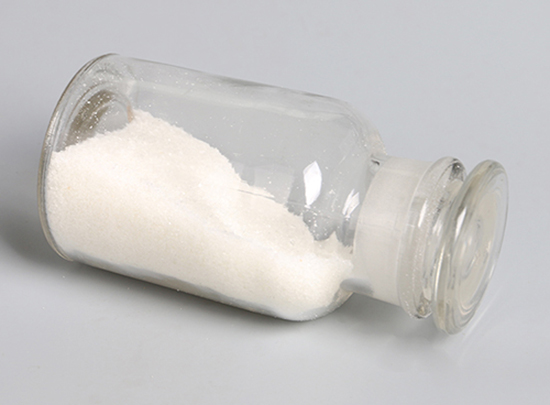
Sulfur Vulcanization of Natural Rubber - Reaction Mechanisms
The vulcanization of natural rubber by the benzothiazolesulfenamide class of accelerators is studied, where 2-(morpholinothio) benzothiazole (MBS) has been chosen as the representative accelerator. The reaction mechanisms that have been proposed for the different steps in vulcanization chemistry are
Send InquiryVulcanization | rubber manufacturing | Britannica
Vulcanization, chemical process by which the physical properties of natural or synthetic rubber are improved; finished rubber has higher tensile strength and resistance to swelling and abrasion, and is elastic over a greater range of temperatures. In its simplest form, vulcanization is brought.
Send Inquiry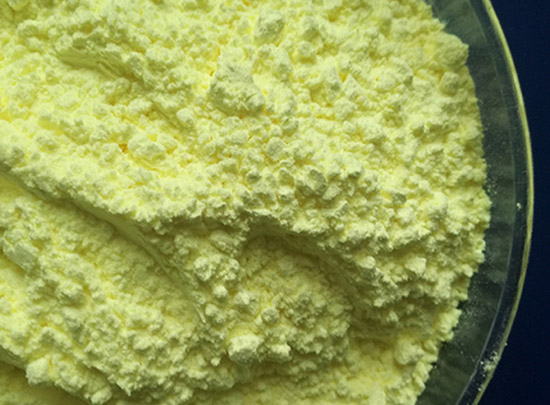
Oct studies on sulfur
OCT 28 1941 ( QBRAR* STUDIES ON VULCANIZATION WITH SULFUR AT ELEVATED TEMPERATURES by Morgan Chuan-yuan Sze S.BAn attempt also was made to study the vulcanization of rubber with low unsaturation by first partially hydrogenating natural rubber.
Send Inquiry